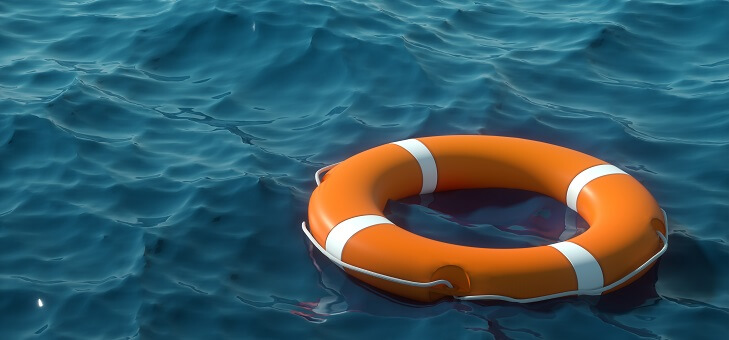The heightened risk of falls and medication mishaps as we age are well publicised, but a 10-year study highlights another risk factor that generally flies under the radar.
The study, conducted by the Royal Life Saving Society of Australia (RLSSA), looked at almost 600 drowning deaths in Australia involving people aged 65 and over. It found that in about one-fifth of cases, the drowning happened as a result of an unexpected fall into water and happened at, or close to, the person’s home.
The data highlights the need for older Australians to remain vigilant around all bodies of water at all times and not just when swimming or boating.
“Of the 116 deaths where people fell into water, around a third drowned in a swimming pool, and a further third drowned in a river or creek,” says Alison Mahoney, principal research and policy officer at RLSSA.
Read: How to stay healthy this winter
Almost half the deaths (47 per cent) occurred in New South Wales, with 22 per cent happening in Queensland.
Apart from unexpected falls into water, the data showed that medical conditions, including mobility issues, may have played a part.
“Pre-existing medical conditions, medication use, impaired mobility and use of mobility aids, history of falls and environmental hazards all contributed to falls,” Ms Mahoney says.
“In almost a quarter of cases, the person who drowned was known to have impaired mobility. In some cases, this presented as episodes of dizziness or light-headedness.
“A pre-existing medical condition was known to be present in 89 per cent of drowning deaths, most commonly cardiovascular disease (72 per cent) and dementia (22 per cent).”
Read: Can you be overweight and healthy
Medication was present in the blood of 60 per cent of deaths, while blood alcohol concentration was equal to, or higher than, .05 per cent in 19 per cent of cases.
The RLSSA recommends that older Australians attend regular check-ups with their doctor and encourages people to exercise regularly and stay active.
While the study highlights the dangers older Australians face around water, the RLSSA says swimming can be a hugely beneficial activity for over-65s.
Read: Things you only know if you love wild swimming
“Physical activity has been shown to reduce the risk of falls and fall-related injuries in older people. For this reason, Royal Life Saving promotes aquatic facilities as safe venues for physical activity and rehabilitation in a controlled environment,” the society says.
“Recreation and exercise at aquatic facilities can provide physical, mental and emotional health benefits, while also ensuring a safer environment for older people who are seeking low-impact activity.”
If you enjoy our content, don’t keep it to yourself. Share our free eNews with your friends and encourage them to sign up.

